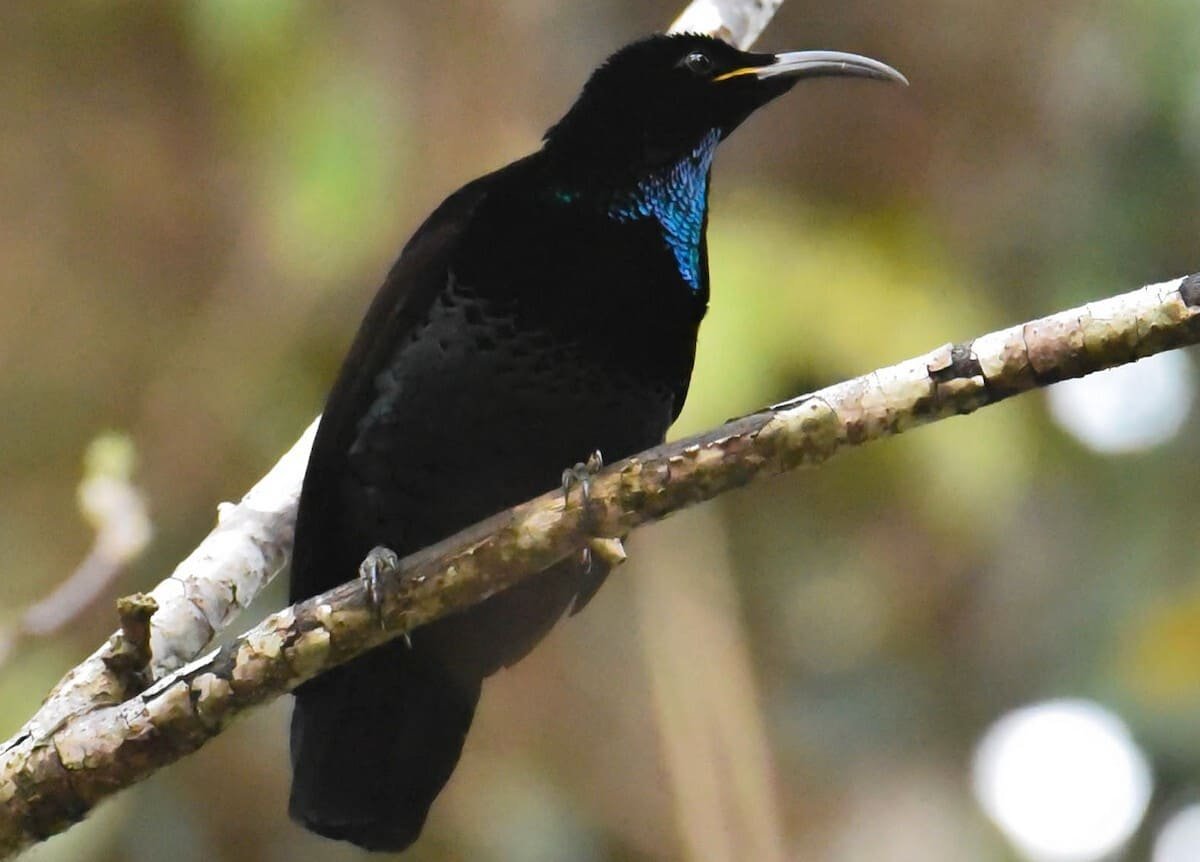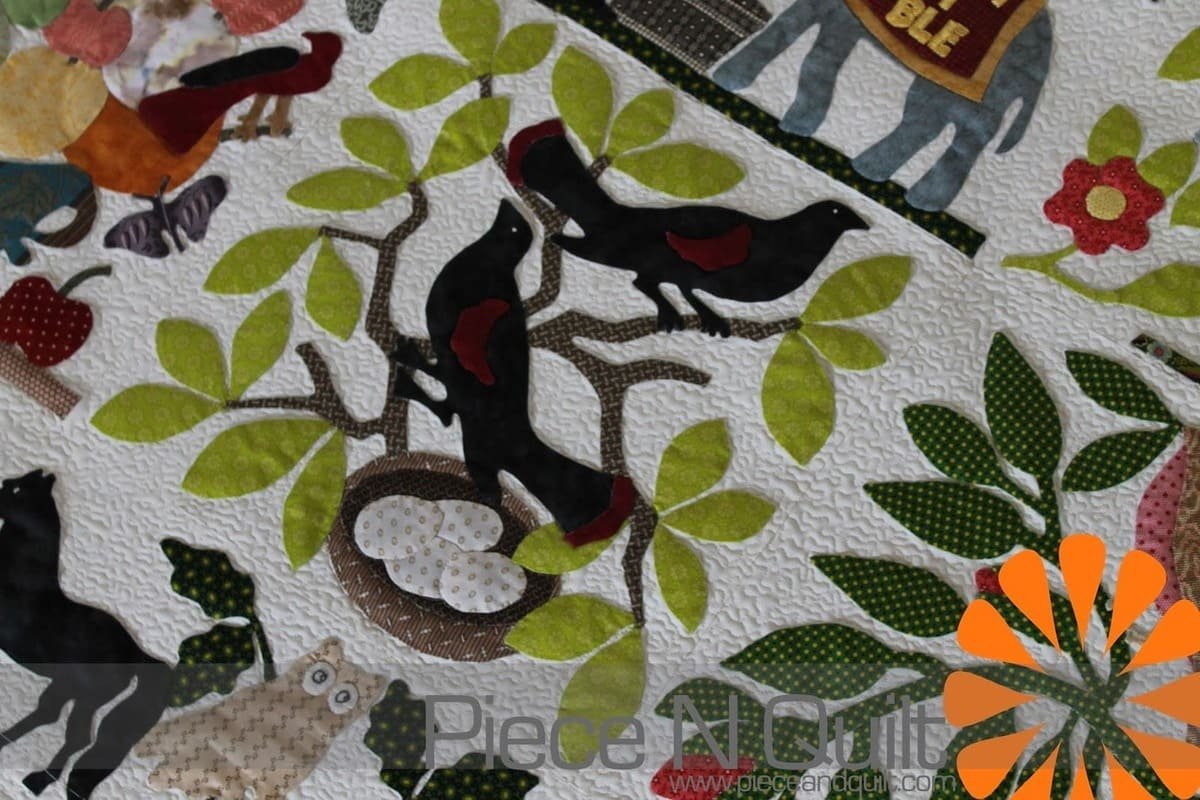Birds of paradise are not only famous for their stunning plumage and mesmerizing vocalizations but also for their diverse diets that reflect their adaptability and ecological roles. Native to the lush rainforests of New Guinea and surrounding islands, these birds have evolved to consume a wide variety of foods, including fruits, insects, and nectar. This varied diet is essential for their survival, influencing their behavior, reproductive success, and interactions with their environment.
In this article, we will explore the different components of the diet of birds of paradise, examining how their feeding habits contribute to their ecological niches and the overall health of their habitats. We will also highlight the importance of dietary diversity in the lives of these remarkable birds.

Summary
The Components of the Diet
Fruits
Fruits are a significant part of the diet of many birds of paradise:
- Types of Fruits: Birds of paradise consume a variety of fruits, including berries, figs, and other fleshy fruits found in their rainforest habitat. These fruits provide essential nutrients and energy.
- Seed Dispersal: By feeding on fruits, birds of paradise play a crucial role in seed dispersal. As they consume fruits and move through the forest, they help propagate plant species, contributing to the health and diversity of their ecosystems.
- Seasonal Availability: The availability of fruits can vary with the seasons, prompting birds to adapt their feeding strategies accordingly. During fruiting seasons, birds may congregate in areas with abundant food sources.
Insects
Insects are another vital component of the diet of birds of paradise:
- Protein Source: Insects provide a rich source of protein, which is particularly important during the breeding season when birds require extra energy for nesting and raising their young.
- Types of Insects: Birds of paradise consume a wide range of insects, including beetles, ants, and caterpillars. Their foraging behavior can vary, with some species actively hunting for insects, while others glean them from foliage.
- Impact on Insect Populations: The feeding habits of birds of paradise can help regulate insect populations, contributing to the balance of their ecosystems.
Nectar
Nectar is a sweet liquid produced by flowers and is an important food source for many birds of paradise:

- Nectarivorous Behavior: Some species of birds of paradise have specialized adaptations for feeding on nectar, including long, slender bills that allow them to reach deep into flowers.
- Pollination Role: As birds feed on nectar, they inadvertently assist in pollination, transferring pollen from one flower to another. This mutualistic relationship benefits both the birds and the plants.
- Seasonal Nectar Availability: The availability of nectar can also fluctuate with the flowering seasons, influencing the movements and foraging behaviors of nectar-feeding birds.
Feeding Strategies
Foraging Techniques
Birds of paradise employ various foraging techniques to access their diverse diet:
- Gleaning: Many species use gleaning techniques, where they search for insects and fruits on leaves and branches. This method allows them to exploit food sources that may be hidden from view.
- Hawking: Some birds may engage in hawking, where they catch insects in mid-air. This technique requires agility and quick reflexes, showcasing their hunting skills.
- Hovering: Nectar-feeding species often hover in front of flowers while feeding, similar to hummingbirds. This behavior allows them to access nectar while maintaining stability in the air.
Social Feeding
Birds of paradise may also exhibit social feeding behaviors:
- Flocking: Some species forage in small groups, which can enhance foraging efficiency. By working together, they can locate food sources more effectively and reduce predation risk.
- Information Sharing: In social feeding situations, birds may share information about food locations through vocalizations and behaviors, benefiting the entire group.
The Ecological Role of Diet
Ecosystem Health
The varied diet of birds of paradise plays a crucial role in maintaining the health of their ecosystems:
- Seed Dispersal: As mentioned earlier, by consuming fruits and dispersing seeds, birds of paradise contribute to forest regeneration and biodiversity.
- Pollination: Their role as pollinators helps sustain plant populations, ensuring the continuation of flowering species that provide food for various animals.
Biodiversity Indicators
Birds of paradise can serve as indicators of ecosystem health:
- Sensitivity to Changes: Their dietary needs make them sensitive to changes in habitat quality and food availability. Monitoring their populations can provide insights into the overall health of rainforest ecosystems.
- Conservation Importance: Protecting the habitats of birds of paradise is essential not only for their survival but also for the preservation of the intricate relationships they maintain within their ecosystems.
Conclusion
The varied diet of birds of paradise, encompassing fruits, insects, and nectar, reflects their adaptability and ecological significance. These feeding habits not only support their survival but also contribute to the health and diversity of their rainforest habitats. Understanding the dietary needs and foraging behaviors of these remarkable birds is essential for conservation efforts aimed at protecting their environments.
By appreciating the complexity of the diet of birds of paradise, we can gain a deeper understanding of their role in the ecosystems they inhabit and the importance of preserving the rich biodiversity of our planet’s rainforests.


